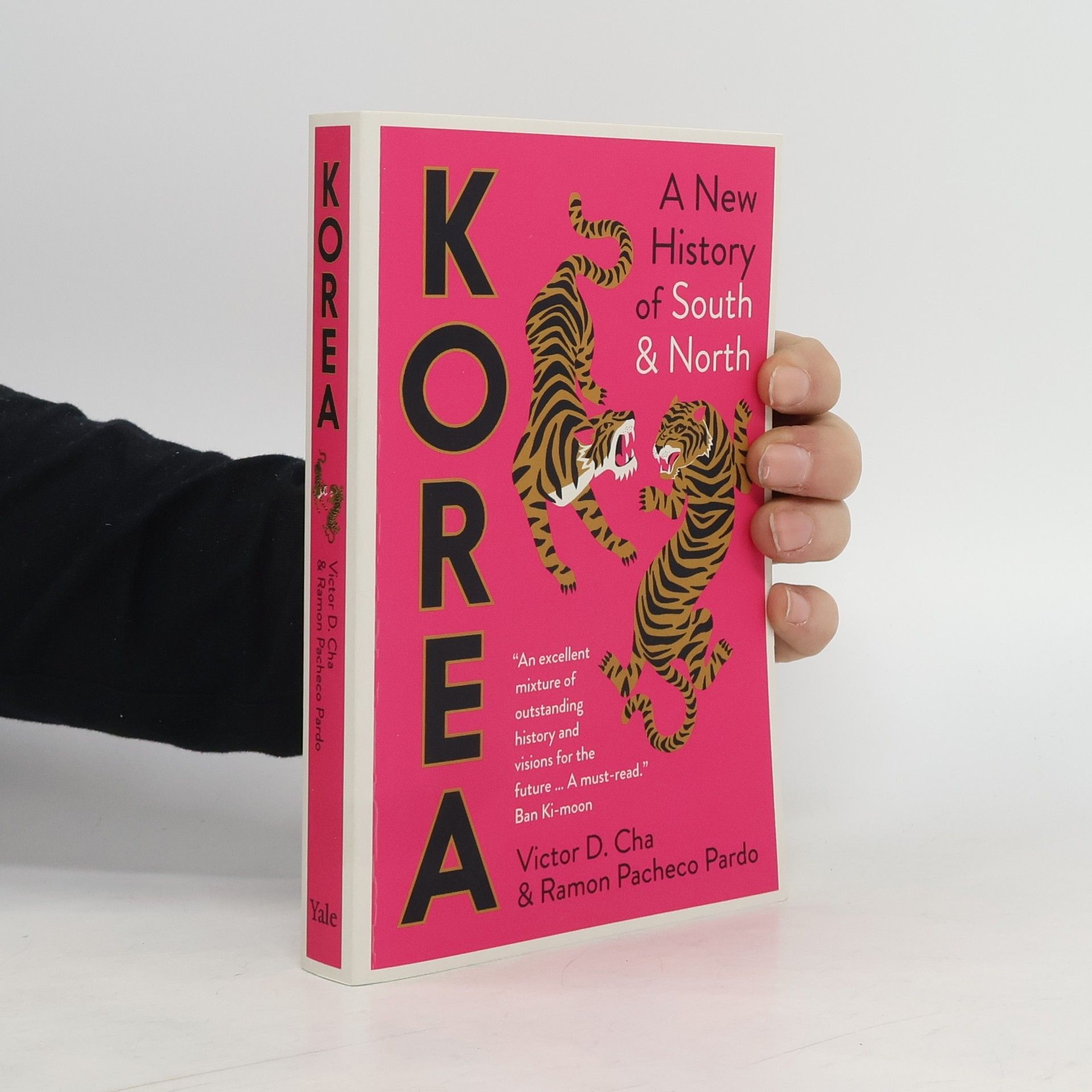Charts the incredible rise of South Korea, from colonisation and civil war to today's thriving nation. South Korea has a remarkable history. Born from the ashes of imperial domination, partition and a devastating war, back in the 1950s there were real doubts about its survival as an independent state. Yet South Korea endures: today it is a boisterous democracy, a vibrant market economy, a tech powerhouse, and home to the coolest of cultures. In just seventy years, this society has grown from a shrimp into a whale. What explains this extraordinary transformation? For some, it was individual South Koreans who fought to change their country, and still strive to shape it. For others, it was forward-looking political and business leaders with a vision. Either way, it's clear that this is the story of a people who dreamt big, and whose dreams came true. Shrimp to Whaleis a lively history of South Korea, from its millennia-old roots, through the division of the Peninsula, dictatorship and economic growth, to today's global powerhouse.
Ramon Pacheco Pardo Boeken






Deliberately isolated from the international community, North Korea sustains itself primarily through weapon sales to adversaries of the United States. Pacheco Pardo explores the current state of the nation, analyzing its political dynamics and military capabilities to assess the potential threat it poses to global security. The book provides a nuanced understanding of North Korea's role in international relations and the implications for global stability.
The book delves into the evolution of North Korea's policies under Kim Jong-un compared to his father, Kim Jong-il, highlighting both continuity and change. It emphasizes the shift towards a more aggressive approach under Kim Jong-un, illustrating how the regime has adapted its strategies by learning from past experiences and the actions of other nations. This analysis provides insight into North Korea's diplomatic maneuvers and the complexities of its relationship with the United States.
A major new history of North and South Korea, from the late nineteenth century to the present day "Cha and Pacheco Pardo have years of expertise in Korean international relations. . . . A crisp and balanced account."--Christopher Harding, The Telegraph Korea has a long, riveting history--it is also a divided nation. South Korea is a vibrant democracy, the tenth largest economy, and is home to a world-renowned culture. North Korea is ruled by the most authoritarian regime in the world, a poor country in a rich region, and is best known for the cult of personality surrounding the ruling Kim family. But both Koreas share a unique common history. Victor Cha and Ramon Pacheco Pardo draw on decades of research to explore the history of modern Korea, from the late nineteenth century, Japanese occupation, and Cold War division to the present day. A small country caught amongst the world's largest powers--including China, Japan, Russia, and the United States--Korea's fate has been closely connected to its geography and the strength of its leadership and society. This comprehensive history sheds light on the evolving identities of the two Koreas, explaining the sharp differences between North and South, and prospects for unification.
Ramon Pacheco Pardo provides a groundbreaking analysis of South Korea's foreign policy from its transition to democracy in the late 1980s through the present day, arguing that the country's approach to the world constitutes a grand strategy.
North Korea is an anomaly in the international system. Deliberately isolated, it survives through the sale of weapons to enemies of the United States. In this book, Pacheco Pardo offers insight into the country today and seeks to answer what level of threat it poses to global security.
Historia dwóch Korei od końca XIX wieku aż do czasów współczesnych Korea Południowa jest dobrze funkcjonują demokracją, dziesiątą gospodarką na świecie, liderem high tech i jednym z najchętniej odwiedzanych przez turystów państw azjatyckich. Jej kultura przeżywa prawdziwy rozkwit, o czym świadczy Oscar za najlepszy film dla Parasite, wysoka oglądalność seriali takich jak Squid Game czy Niezwykła prawniczka Woo i ogromna popularność światowego hitu Gangnam Styl oraz zespołów k-popowych (między innymi BTS i Blackpink). Natomiast Korea Północna jest położonym w bogatym regionie biednym krajem rządzonym przez autorytarny reżim dyktatora Kim Dzong Una. Dysponuje arsenałem broni jądrowej i rakiet dalekiego zasięgu, który budzi niepokój na całym świecie. Jakie okoliczności doprowadziły do tego, że jeden naród, połączony wyjątkową historią, żyje w tak różnych warunkach? Czy kiedyś nastąpi kres tego podziału? Czy zjednoczenie dwoch Korei jest możliwe?